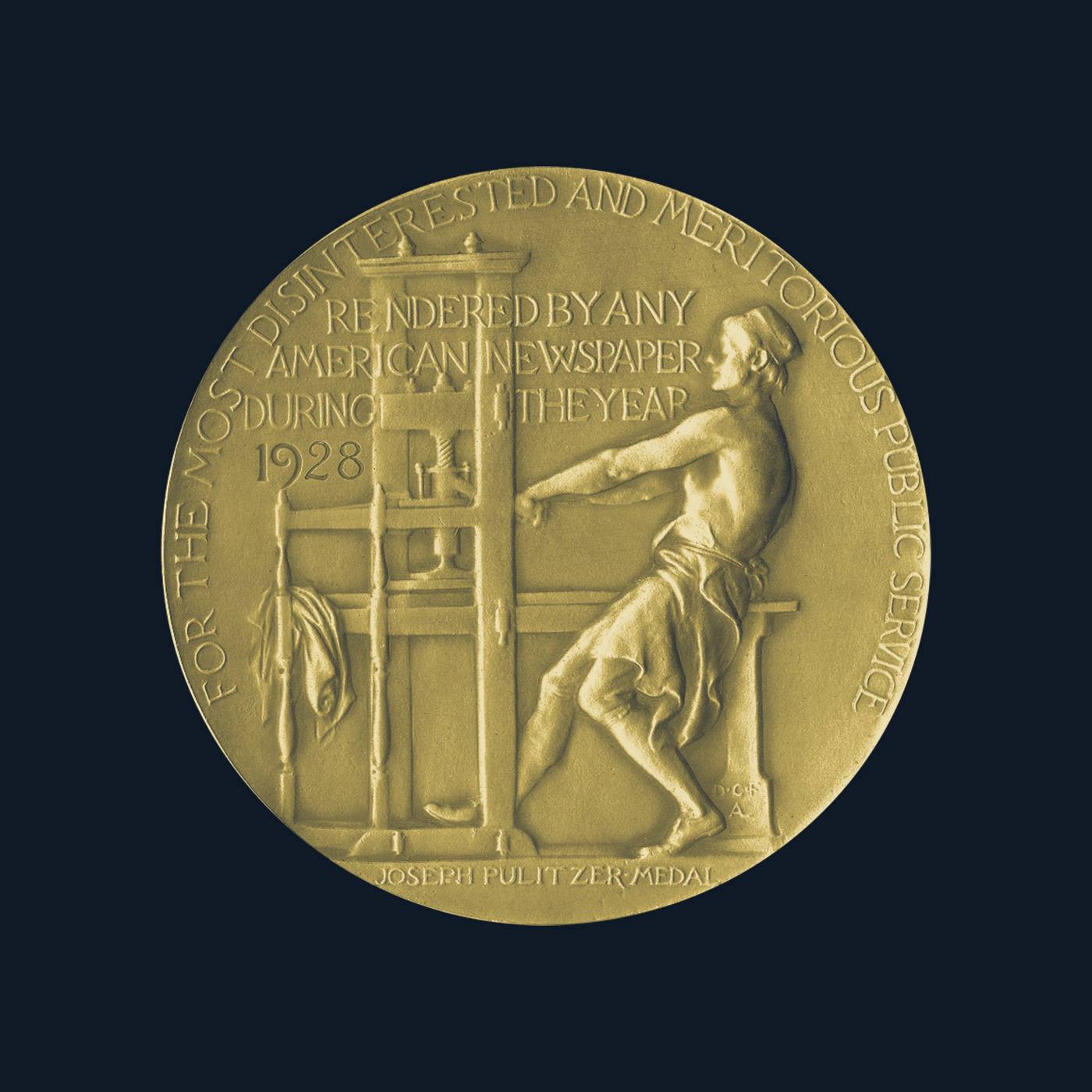THE POET'S GAME
Alexander Matthews retired from the CIA and started Trinity Capital, a highly successful venture capital firm that often brings him to Russia. Once he’d been the CIA’s top spy in Moscow, but that’s all behind him now. But the Agency asks him for a favor: help extricate a Russian asset code-named Byron, a KGB-trained intelligence officer whom he had recruited and who claims to have sensitive secrets the CIA wants. He’d recruited other “poets” such as Keats and Blake, but they have vanished, perhaps in the bowels of Lefortvo Prison with bullets to the skull. Matthews has good reasons to decline: His late wife and daughter, killed in a boating accident while he was away, hated his lengthy absences, and he is on the verge of being estranged from his surviving son. He’s remarried to a CIA translator, and his travel stresses that marriage. So of course he goes to Moscow and is promptly arrested on a trumped-up solicitation charge. Then the FSB tells him he’s being investigated for tax fraud. Soon, he’s reminded that it’s dangerous for a wealthy American investor in Russia to be in the tabloids. And speaking of which, Byron claims to have the FSB’s kompromat on Topcat, who’d been in Moscow for the Miss Universe contest in 2013. One CIA official calls him Apocalypse 45, but like Voldemort, no one says his name. Readers will have to figure that out. Meanwhile, Langley believes it has a mole. Matthews feels an emotional tug to Russia’s capital city: He “wasn’t from Moscow, but he was of Moscow.” He’s going to have to get over that, as he’s not safe there anymore. Can he successfully exfiltrate Byron? As tension builds to a dramatic conclusion, so does the doubt. Vivid writing sets the tone: “The vans, yellow lights flashing, swallowed the prisoners like whales swallowing krill.” The plot delivers eye-opening twists as well as insights into the Russian psyche. “In Russia,” a character says, “stories never have happy endings.” This one fits right in.


Alexander Matthews retired from the CIA and started Trinity Capital, a highly successful venture capital firm that often brings him to Russia. Once he’d been the CIA’s top spy in Moscow, but that’s all behind him now. But the Agency asks him for a favor: help extricate a Russian asset code-named Byron, a KGB-trained intelligence officer whom he had recruited and who claims to have sensitive secrets the CIA wants. He’d recruited other “poets” such as Keats and Blake, but they have vanished, perhaps in the bowels of Lefortvo Prison with bullets to the skull. Matthews has good reasons to decline: His late wife and daughter, killed in a boating accident while he was away, hated his lengthy absences, and he is on the verge of being estranged from his surviving son. He’s remarried to a CIA translator, and his travel stresses that marriage. So of course he goes to Moscow and is promptly arrested on a trumped-up solicitation charge. Then the FSB tells him he’s being investigated for tax fraud. Soon, he’s reminded that it’s dangerous for a wealthy American investor in Russia to be in the tabloids. And speaking of which, Byron claims to have the FSB’s kompromat on Topcat, who’d been in Moscow for the Miss Universe contest in 2013. One CIA official calls him Apocalypse 45, but like Voldemort, no one says his name. Readers will have to figure that out. Meanwhile, Langley believes it has a mole. Matthews feels an emotional tug to Russia’s capital city: He “wasn’t from Moscow, but he was of Moscow.” He’s going to have to get over that, as he’s not safe there anymore. Can he successfully exfiltrate Byron? As tension builds to a dramatic conclusion, so does the doubt. Vivid writing sets the tone: “The vans, yellow lights flashing, swallowed the prisoners like whales swallowing krill.” The plot delivers eye-opening twists as well as insights into the Russian psyche. “In Russia,” a character says, “stories never have happy endings.” This one fits right in.



















































![The 11 Best Landing Page Builder Software Tools [2025]](https://www.growthmarketingpro.com/wp-content/uploads/2024/04/best-landing-page-software-hero-image-1024x618.png?#)

































![What Is Generative Engine Optimization [Tips & Workflows To Do It]](https://moz.com/images/blog/banners/What-Is-Generative-Engine-Optimization-Tips-Workflows-To-Do-It-1.png?auto=compress,format&fit=crop&dm=1745607929&s=6f75f1f02c531af0f80acb12517c8bab#)


























![Social media image sizes for all networks [May 2025]](https://blog.hootsuite.com/wp-content/uploads/2023/01/Social-Media-Image-Sizes-2023.png)



![The fastest growing social media platforms of 2025 [new data]](https://53.fs1.hubspotusercontent-na1.net/hubfs/53/fastest-growing-social-media-platforms.jpg)


















